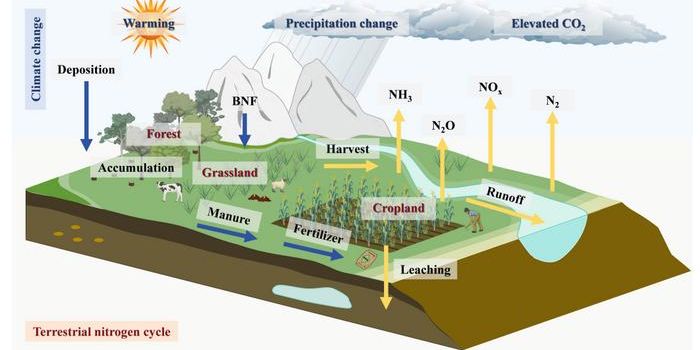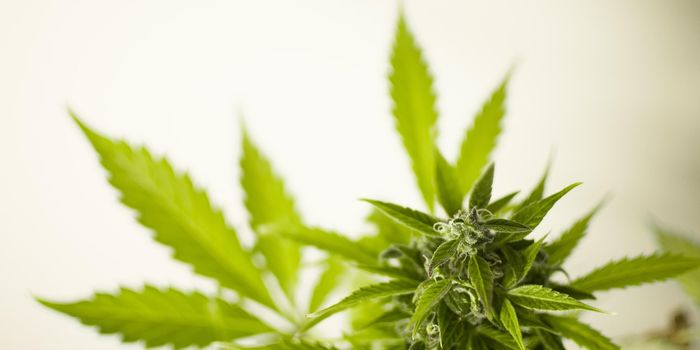How Much Caffeine Can Trigger a Migraine?
Do you suffer from migraines? Your caffeine intake may be a trigger. Researchers from the Beth Israel Deaconess Medical Center (BIDMC), Brigham and Women’s Hospital, and the Harvard T.H. Chan School of Public Health examined the connection between caffeine consumption and migraine onset. The results of this study were published online in the American Journal of Medicine last week.
The researchers discovered that patients who consumed three or more servings of caffeinated beverages increased their odds of experiencing migraine on the day of consumption or the day after. Patients who consumed one to two caffeinated beverages did not experience a migraine on the day of consumption.
Ninety-eight study participants completed electronic diaries twice daily for at least six weeks. A typical caffeine serving was defined as eight ounces of coffee, six ounces of tea, 12 ounces of soda, or two ounces of an energy drink. They reported their intake of tea, coffee, soda, or energy drinks; and other lifestyle factors such as alcohol use, sleep patterns, stress, and activity levels. They also reported information about headache occurrences with details of the onset, duration, intensity, and medications used for treatment.
Lead investigator, Elizabeth Mostofsky—researcher at BIDMC and instructor of epidemiology at Harvard T.H. Chan School of Public Health—noted the complexity of migraine trigger and treatment in a statement from BIDMC. She said, “the role of caffeine is particularly complex because it may trigger an attack but also helps control symptoms.” Whether caffeine benefits or harms migraine sufferers depends on how much and how often caffeinated beverages are being consumed.
The research team considers this study an important first step in establishing migraine prevention guidelines for patients. Principal investigator Suzanne M. Bertischof of the Division of Sleep and Circadian Disorders at Brigham and Women's Hospital told BIDMC reporters that, “despite the high prevalence of migraine and often debilitating symptoms, effective migraine prevention remains elusive for many patients.”
Sources: Science Daily, American Journal of Medicine








